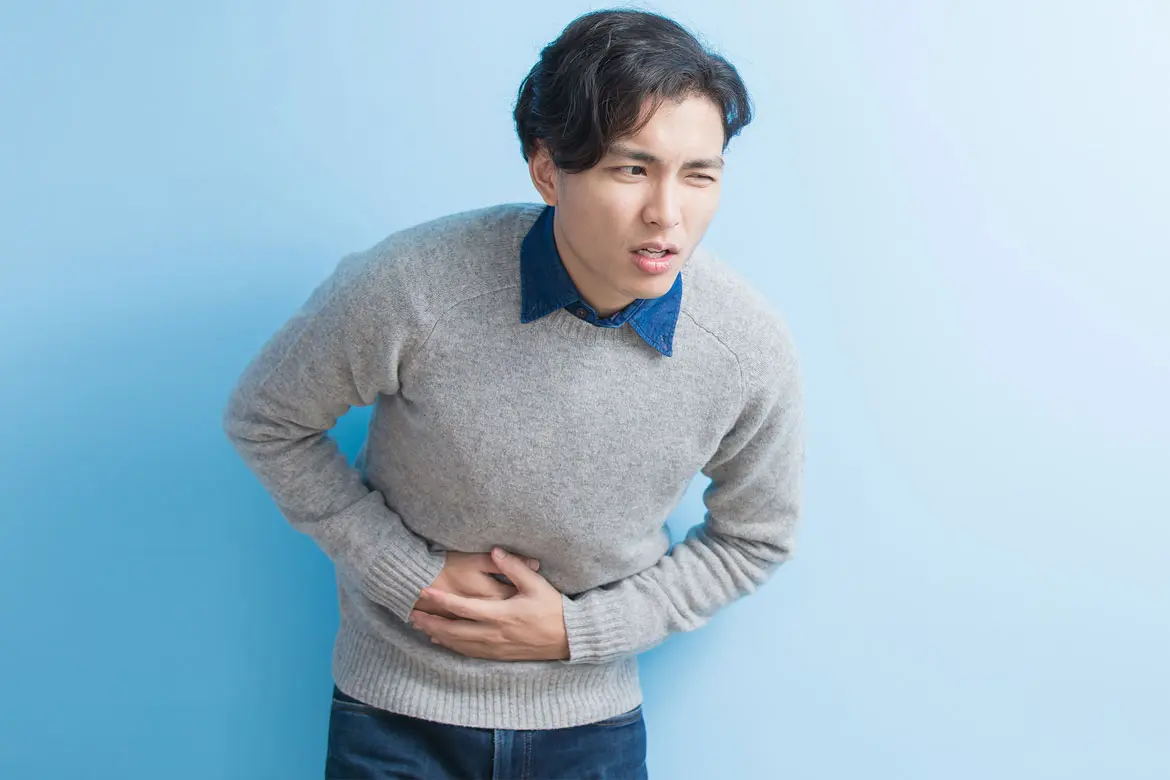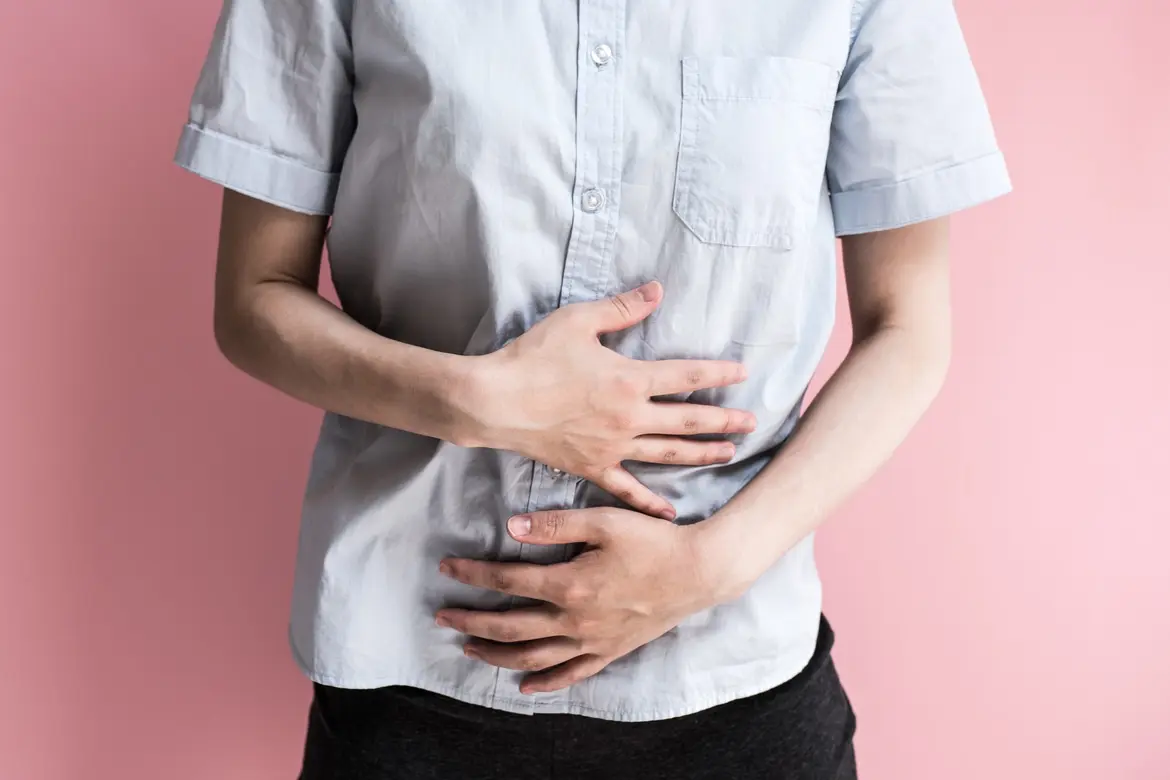Gastric pain, stomach flu, and food poisoning are some common causes of an upset stomach. Depending on the cause of your stomach pain, the symptoms and treatment however may vary.
Learn more about the types of stomach pain, symptoms, causes, treatments, and prevention. If your stomach pain continues to persist, do consult a gastroenterologist.
Types of stomach pain
The three most common causes of stomach pain include:
Gastric pain
Gastric pain is pain that comes from the stomach. There are many causes of gastric pain, and it may be difficult to differentiate the causes.
Symptoms of gastric pain
- Pain in your upper abdomen
- Nausea or vomiting
Causes of gastric pain
- Bacterial infection (H. pylori)
- Some medications (e.g. painkillers, aspirin, steroids)
Treatment of gastric pain
- Antacids to neutralise the stomach acid
- Antibiotics for the bacterial infection
- Medication to reduce acid production
Preventing gastric pain
- Avoid unnecessary painkillers
- Screen for H. pylori infection
- Take gastric medication for prevention if at increased risk
- Reduce alcohol consumption
Stomach flu
Viral gastroenteritis, commonly known as stomach flu, is an intestinal infection marked by watery diarrhoea, abdominal cramps, nausea or vomiting, and sometimes fever.
Symptoms of stomach flu
- Diarrhoea
- Abdominal cramps
- Nausea or vomiting
- Flu-like symptoms, e.g, fever, muscle aches, headache
Causes of stomach flu
You can get a viral infection from:
- Eating or drinking contaminated food or water
- Contact with an infected person
Treatment for stomach flu
- Medication to relieve fever and other symptoms, but consult your doctor before taking any or giving them to children. Do not give aspirin to children or teenagers with a viral illness as this can lead to a potentially life-threatening condition called Reye's syndrome.
- Stay hydrated
Preventing stomach flu
- Practise proper hand and food preparation hygiene
- Cook raw food thoroughly
- Avoid sharing food with anyone infected
- Disinfect toilets and hard surfaces
- Take extra precautions when travelling to developing countries and rural areas
Food poisoning
Food poisoning is due to eating food contaminated by bacteria, viruses or parasites. This most commonly results in nausea, vomiting or diarrhoea that often resolves without needing any treatment.
Causes of food poisoning
Food poisoning occurs due to infection of bacteria, virus or parasites contracted by eating contaminated food or being in contact with an infected person or surface.
Treatment for food poisoning
- Medication to relieve fever and other symptoms
- Get plenty of rest and hydration
- Gastric medication for severe pain
- Antibiotics for severe bacterial food poisoning
Preventing food poisoning
- Practise proper hand and food preparation hygiene
- Cook raw food thoroughly
- Avoid sharing food with anyone infected
- Disinfect toilets and hard surfaces
- Take extra precautions when travelling to developing countries and rural areas
If your symptoms persist or are so severe that you are unable to perform everyday tasks such as standing up straight or walking, visit the Urgent Care Centre to get a clear diagnosis and effective treatment.
It is prudent to be mindful of what you eat to avoid or to improve an upset stomach.
What to eat and drink:
- Fluids. It is important to replenish fluids lost through diarrhoea or vomiting. Water, clear broths, diluted fruit juice, weak tea without milk and coconut water are some suggestions to try.
- Broths. If you are unable to keep food down, a vegetable or bone broth might be a good alternative to provide you with essential nutrients.
- Ginger. A glass of ginger tea can help with feelings of nausea and help settle an upset stomach.
- Bananas. This potassium-loaded fruit is gentle on the stomach and may help prevent further upset stomach.
- Rice. Plain white rice is gentle on the stomach and can also help firm up stools and stop diarrhoea.
- Toast. Go for plain white-bread toast to help soothe your stomach discomforts when having diarrhoea.
What not to eat:
- Dairy products such as, milk, cheese and ice cream
- Fried or oily foods
- Carbonated and sugary drinks
- Spicy food
- Raw fruits and vegetables
- Whole grains












